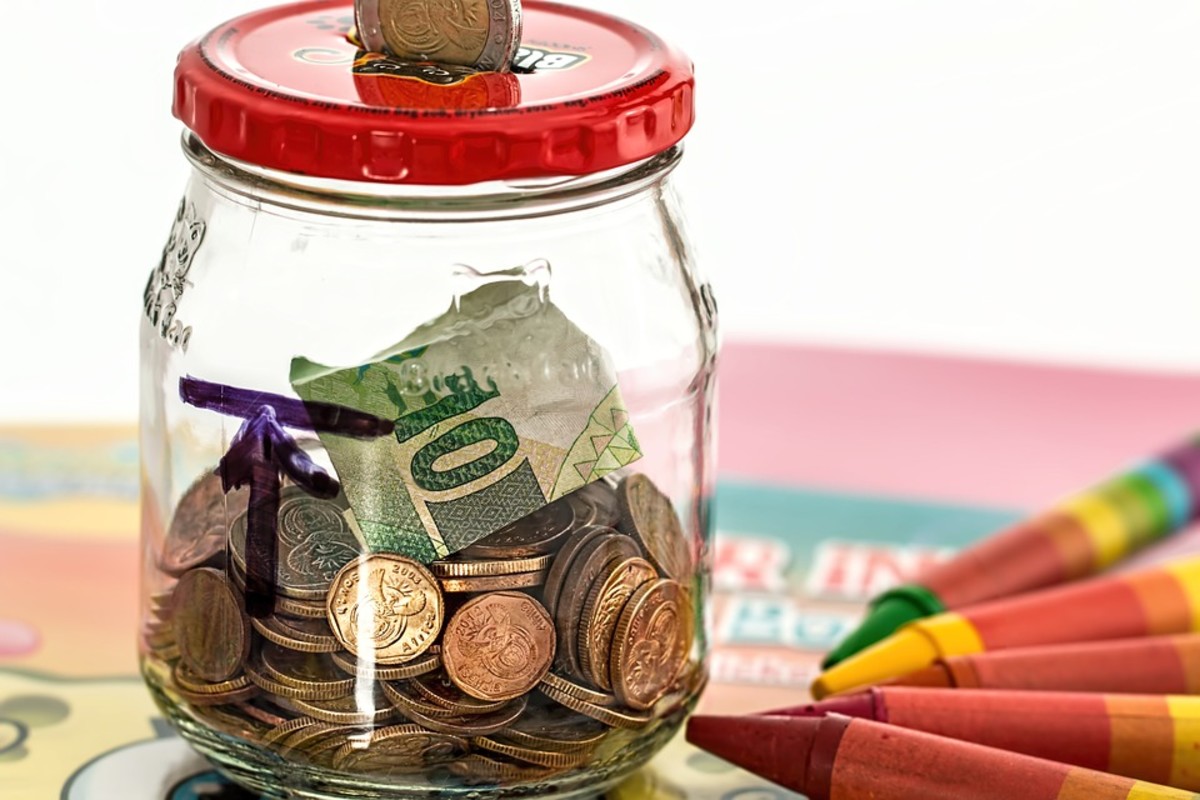

Articles
How To Store Coins At Home DIY
Modified: August 17, 2024
Looking for articles on how to store coins at home with a DIY approach? Find helpful tips and techniques for coin storage in this informative guide.
(Many of the links in this article redirect to a specific reviewed product. Your purchase of these products through affiliate links helps to generate commission for Storables.com, at no extra cost. Learn more)
Introduction
When it comes to collecting coins, proper storage is essential to maintain their condition and value. Whether you’re a seasoned numismatist or just starting out, finding the right way to store your coins at home is crucial to preserve their beauty and historical significance. With a multitude of options available, it’s important to understand which storage methods are best suited for your collection.
In this article, we will explore various coin storage options as well as provide DIY solutions that you can easily implement. We will also discuss important considerations when choosing a storage method and provide valuable tips for maintaining your coins at home. So, if you’re ready to embark on the journey of coin collecting or simply want to improve your existing storage system, read on to discover the best ways to store your coins at home.
Key Takeaways:
- Proper coin storage at home is crucial for preserving their condition and value. Consider materials, protection from moisture and air, and ease of access when choosing a storage method.
- DIY coin storage solutions offer a personalized touch and cost-effective options. Remember to prioritize protection from moisture and air, and regularly maintain your collection for long-term preservation.
Read more: How To Store A Coin Collection
Coin Storage Options
When it comes to storing your coin collection at home, there are several options to choose from. Each option has its own advantages and considerations, so let’s take a closer look at some of the most popular coin storage methods.
Shoeboxes
Using shoeboxes as coin storage is a cost-effective and easily accessible option. Simply label the boxes according to the type or origin of the coins and stack them in a safe location. However, keep in mind that shoeboxes may not offer the same level of protection against moisture and air as specialized coin storage options.
Coin Albums
Coin albums are a popular choice among collectors, as they provide a secure and organized way to store coins. These albums feature individual plastic sleeves or pages that allow you to slide your coins in and display them on the pages. Coin albums are available in various sizes and designs, catering to different types and sizes of coins.
Coin Tubes
Coin tubes are cylindrical containers made of durable materials such as plastic or cardboard. These tubes are specially designed to hold and protect coins. They come in different sizes to accommodate various coin denominations. Coin tubes are an excellent option for storing large quantities of coins of the same denomination or type.
Read more: How To Store Old Coins
Coin Holders
Coin holders, also known as flips or 2x2s, are small rectangular containers made of clear plastic. They have a pocket on one side where you can insert the coin, and the other side is usually used for labeling or marking pertinent information about the coin. Coin holders are ideal for individual coin storage and display, providing both protection and easy viewing.
Ziplock Bags
Ziplock bags are a simple and inexpensive option for storing coins. They are particularly useful for bulk storage or temporary storage of coins. However, it’s important to note that ziplock bags do not offer the same level of protection against air or moisture as other storage methods. Therefore, they may not be suitable for long-term storage or valuable coin collections.
Important Considerations
When choosing the right coin storage method for your collection, there are a few important considerations to keep in mind. These factors will help ensure the long-term preservation and accessibility of your coins. Let’s explore these considerations in more detail.
Materials
The materials used in your coin storage options play a crucial role in preserving the condition of your coins. It’s important to choose materials that are durable, acid-free, and PVC-free. Acidic or PVC-containing materials can cause damage to your coins over time, resulting in discoloration or corrosion. Look for storage options made of archival-quality materials to ensure the best protection for your coins.
Read more: How To Store Gold Coins
Size and Flexibility
Consider the size and flexibility of the storage options you choose. Ensure that the storage method can accommodate the size and thickness of your coins comfortably. Overcrowding or tight fits can lead to scratches or other damage. Additionally, choose storage options that allow for flexibility, making it easier to add or remove coins from your collection as needed.
Protection from Moisture and Air
Moisture and air are two common culprits that can damage your coins. It’s essential to choose storage options that provide protection against these elements. Look for options that have airtight seals or moisture-resistant properties. Avoid storing your coins in humid areas such as basements or attics, as high levels of humidity can accelerate the deterioration of your coins.
Ease of Access
Consider the ease of access when selecting a coin storage method. It’s important to have a storage option that allows you to view and handle your coins without causing damage. Storage options such as coin albums or flip holders provide easy access, allowing you to flip through the pages or view individual coins without excessive handling. This minimizes the risk of accidental scratches or fingerprints on your coins.
Organization
Maintaining a well-organized collection is essential for any coin enthusiast. Choose a storage method that allows you to categorize and label your coins effectively. This will make it easier to locate specific coins and keep track of your collection. Consider using clear labeling or organizing systems, such as dividers or tabs, within your storage option to keep everything in order and easily accessible.
Read more: How To Store Silver Bars And Coins At Home
DIY Coin Storage Solutions
If you’re someone who enjoys do-it-yourself projects and wants to add a personal touch to your coin storage, there are several DIY solutions you can try. These DIY coin storage options can be cost-effective and allow you to customize the storage to fit your specific needs. Let’s explore some popular DIY coin storage solutions.
DIY Cardboard Coin Holders
Cardboard coin holders are a simple and budget-friendly DIY option. You can easily make your own holders by cutting squares or rectangles from thick cardboard. Next, create a pocket in the cardboard by folding it in half and securing the edges with tape or glue. Insert your coin into the pocket, and your DIY cardboard coin holder is ready. Label each holder with relevant information about the coin, and you can organize them in a shoebox or binder for easy access.
DIY Coin Tubes
To create your own coin tubes, you’ll need empty toilet paper rolls or cut PVC pipe segments. Cut the rolls or pipes into appropriate lengths to fit your coins. You can then seal one end of the tube with tape or glue. Insert your coins into the tube, aligning them with the open end and secure the other end with tape or glue. Label the outside of the tube with the type or denomination of the coins, and you have your DIY coin tubes. These tubes can be stored vertically in boxes or bins to keep them organized.
DIY Coin Albums
Creating your own coin album allows you to design a storage solution that meets your specific requirements. Start by selecting a sturdy binder or album cover to hold your pages. You can create the pages using heavy cardstock or archival-quality paper. Cut the paper to the desired size and use a hole punch to create holes for the binder rings. Attach clear plastic coin holders or cardboard coin holders to the pages. Label each page with the relevant information about the coins, and you have your DIY coin album. This method provides flexibility in terms of the number of coins and the layout of your collection.
Read more: How To Store Coins In Bulk
DIY Plastic Coin Holders
If you prefer a more professional-looking DIY option, you can make your own plastic coin holders using clear plastic sheets or containers. Cut the plastic into squares or rectangles and fold them in half to create a pocket. Use tape or heat sealing methods to secure the edges of the pocket. Insert your coins into the pockets, making sure they are properly aligned and protected. Label each holder with the necessary details about the coins, and you have your DIY plastic coin holders. These can be stored in plastic sleeves or boxes for easy organization and access.
Remember, when using DIY coin storage solutions, it’s still important to protect your coins from moisture and air by choosing appropriate materials and storage conditions. DIY methods can offer a fun and personalized approach to coin storage, but be sure to carefully consider the quality and durability of the materials used.
Tips for Storing Coins at Home
Proper storage of your coin collection is crucial to preserve its condition and value. Here are some helpful tips to ensure the long-term protection and maintenance of your coins.
Clean Your Coins Properly
Before storing your coins, it’s important to clean them properly. Use a soft, lint-free cloth or a coin cleaning solution specifically designed for numismatic use. Gently wipe away any dirt or debris, avoiding excessive rubbing which can cause scratches. It’s crucial to research correct cleaning methods for different types of coins, as improper cleaning techniques can damage the coin’s surface or remove its natural patina.
Use Cotton Gloves
When handling your coins, it’s recommended to wear cotton gloves or use coin handling tools. This helps prevent the transfer of oils, moisture, or dirt from your fingers onto the coins. This is particularly important for valuable or high-grade coins, as even the smallest amount of residue can affect their appearance and condition.
Read more: How To Store Silver Coins At Home
Avoid Direct Sunlight and Extreme Temperatures
Direct sunlight and extreme temperatures can cause damage to your coins over time. UV rays from sunlight can fade the color and toning of coins, while extreme heat or cold can impact their metal composition. Store your coins in a cool, dry place away from direct sunlight, such as a temperature-controlled room or a safe deposit box.
Store in a Secure and Hidden Location
For added security, store your coin collection in a secure and hidden location. This can be a locked safe, a hidden compartment, or a purpose-built coin cabinet. Keeping your collection out of plain sight reduces the risk of theft and accidental damage. Remember to inform trusted individuals, such as family members or estate managers, about the location and importance of your coin collection.
Regularly Check and Maintain Your Collection
It’s important to regularly check and maintain your coin collection. Inspect your coins for any signs of damage, discoloration, or chemical reactions. Keep an eye out for changes in appearance or any potential issues that may require professional attention. Regularly monitoring your collection allows you to address any problems early on and prevent further deterioration.
By following these tips, you can ensure that your coin collection remains in excellent condition and retains its value. Remember, proper storage and maintenance are critical to preserving the history, beauty, and appeal of your coins for years to come.
Conclusion
Storing your coin collection at home requires careful consideration and attention to detail. By selecting the right storage method and implementing proper maintenance techniques, you can preserve the condition and value of your coins for years to come. Whether you choose ready-made storage options or decide to embark on a DIY project, remember to prioritize the protection of your coins from moisture, air, and other potential hazards.
Take the time to clean your coins properly before storing them, using suitable cleaning methods and materials. To handle your coins, wear cotton gloves or use coin handling tools to prevent contamination from oils and dirt. Store your coins in a secure and hidden location, out of direct sunlight and away from extreme temperatures. Regularly check and maintain your collection to identify and address any potential issues before they worsen.
Consider your specific needs and preferences when choosing a storage method. Shoeboxes, coin albums, coin tubes, coin holders, and ziplock bags offer different levels of protection and accessibility. DIY solutions, such as cardboard coin holders, coin tubes, coin albums, and plastic coin holders, allow you to add a personal touch and customize your storage to suit your collection.
Remember, the ultimate goal of coin storage is to ensure the long-term preservation, organization, and accessibility of your collection. By following the tips outlined in this article, you can store your coins at home with confidence, knowing that they are well-protected and ready to be enjoyed for generations to come.
Frequently Asked Questions about How To Store Coins At Home DIY
Was this page helpful?
At Storables.com, we guarantee accurate and reliable information. Our content, validated by Expert Board Contributors, is crafted following stringent Editorial Policies. We're committed to providing you with well-researched, expert-backed insights for all your informational needs.
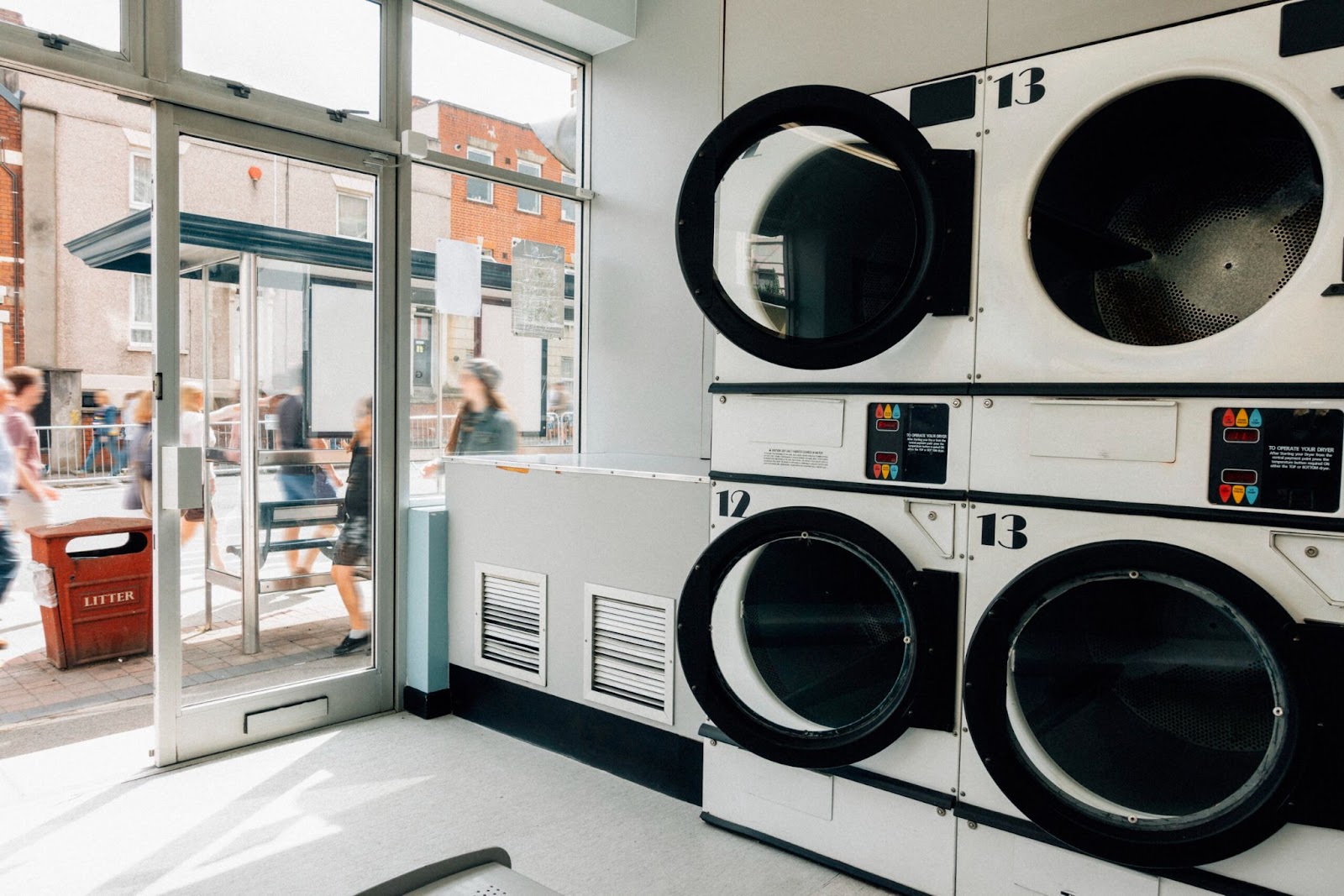
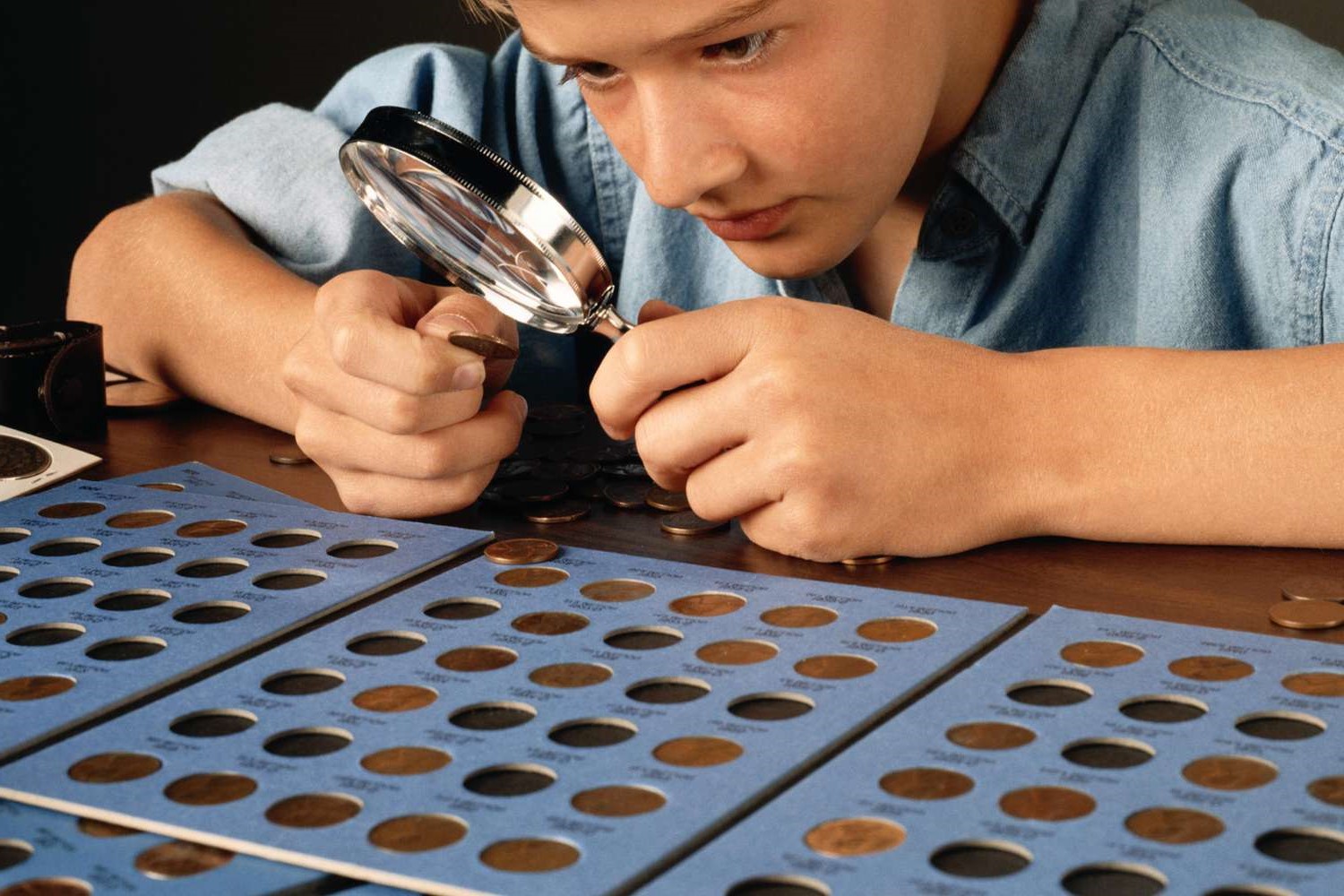
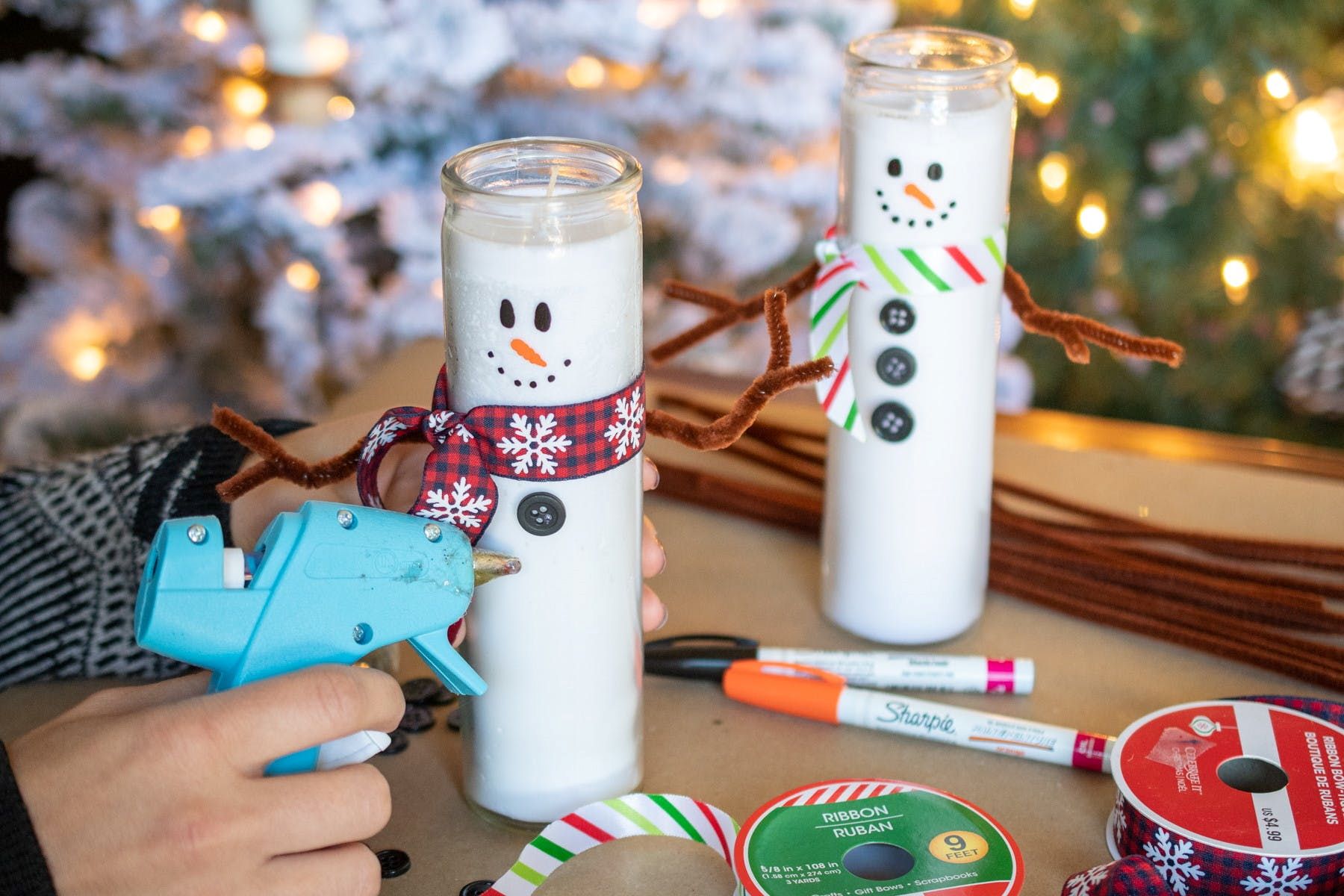
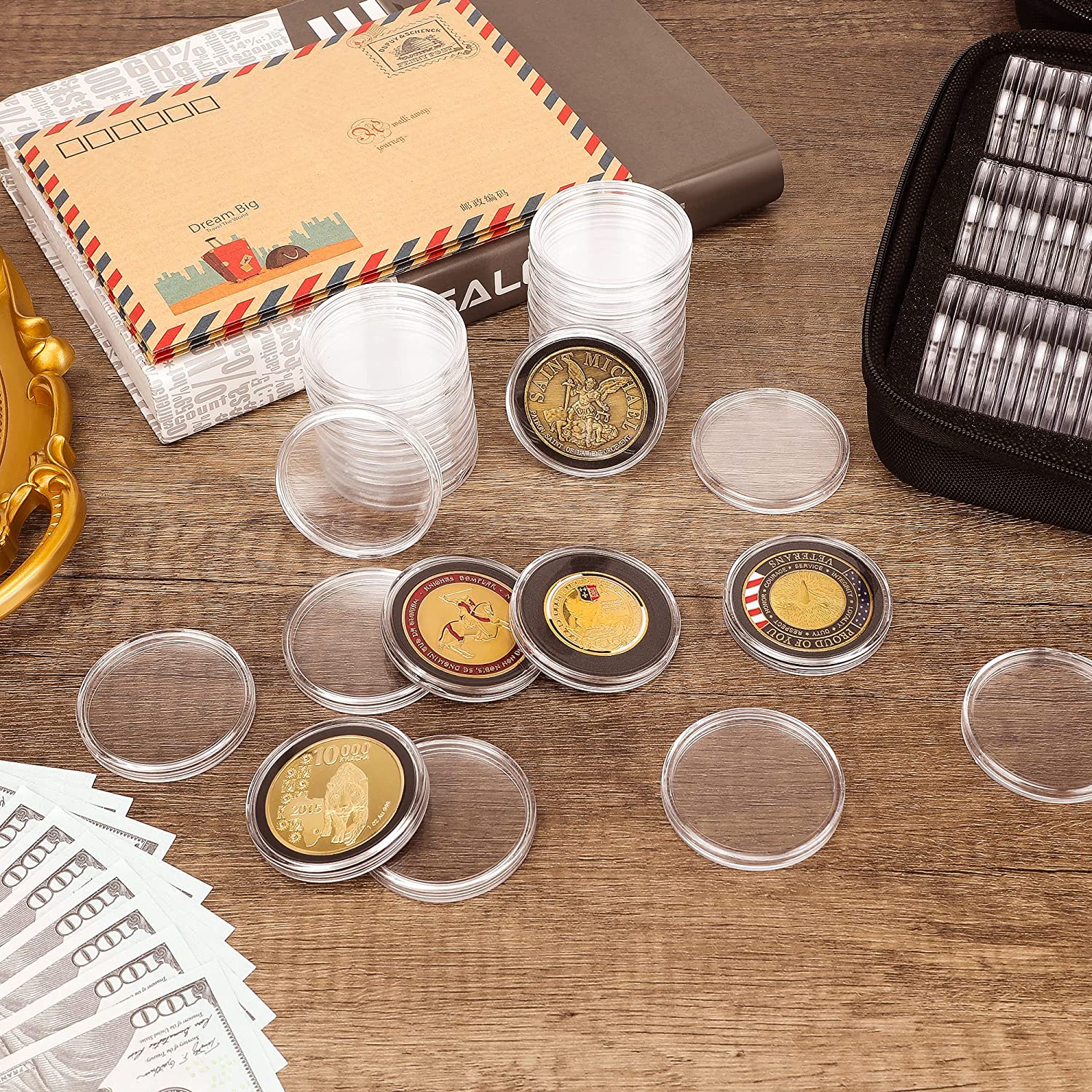
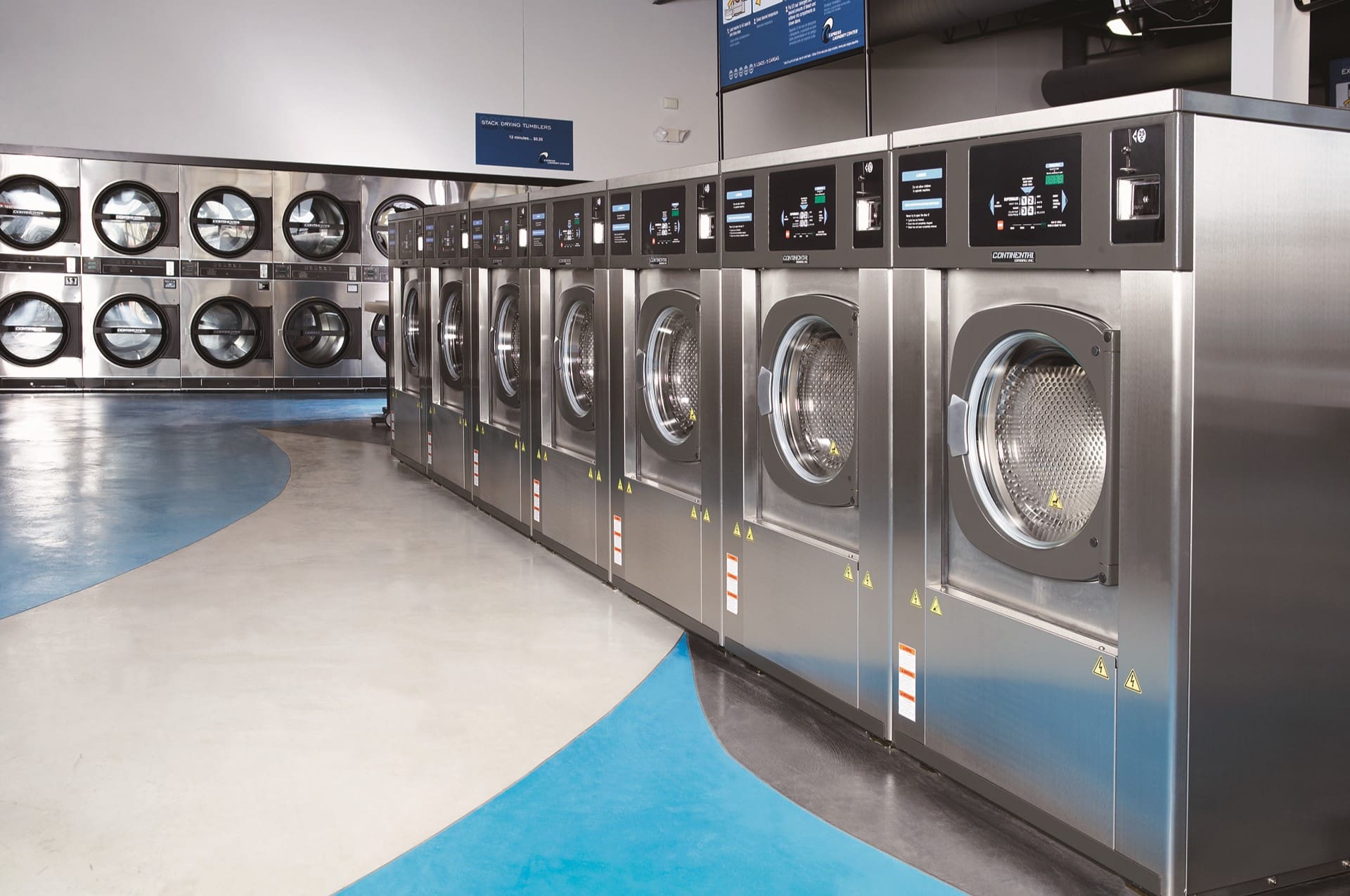
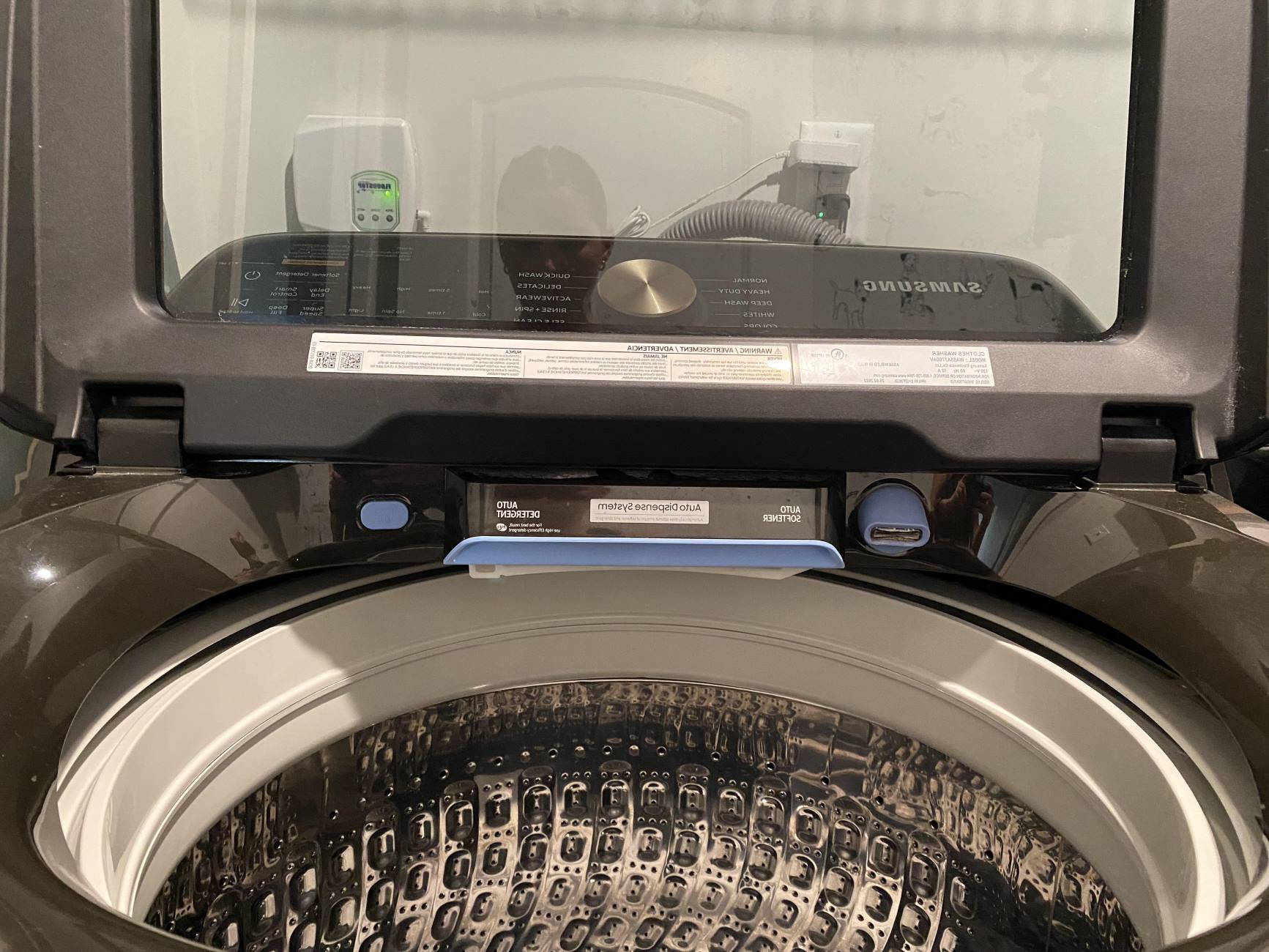
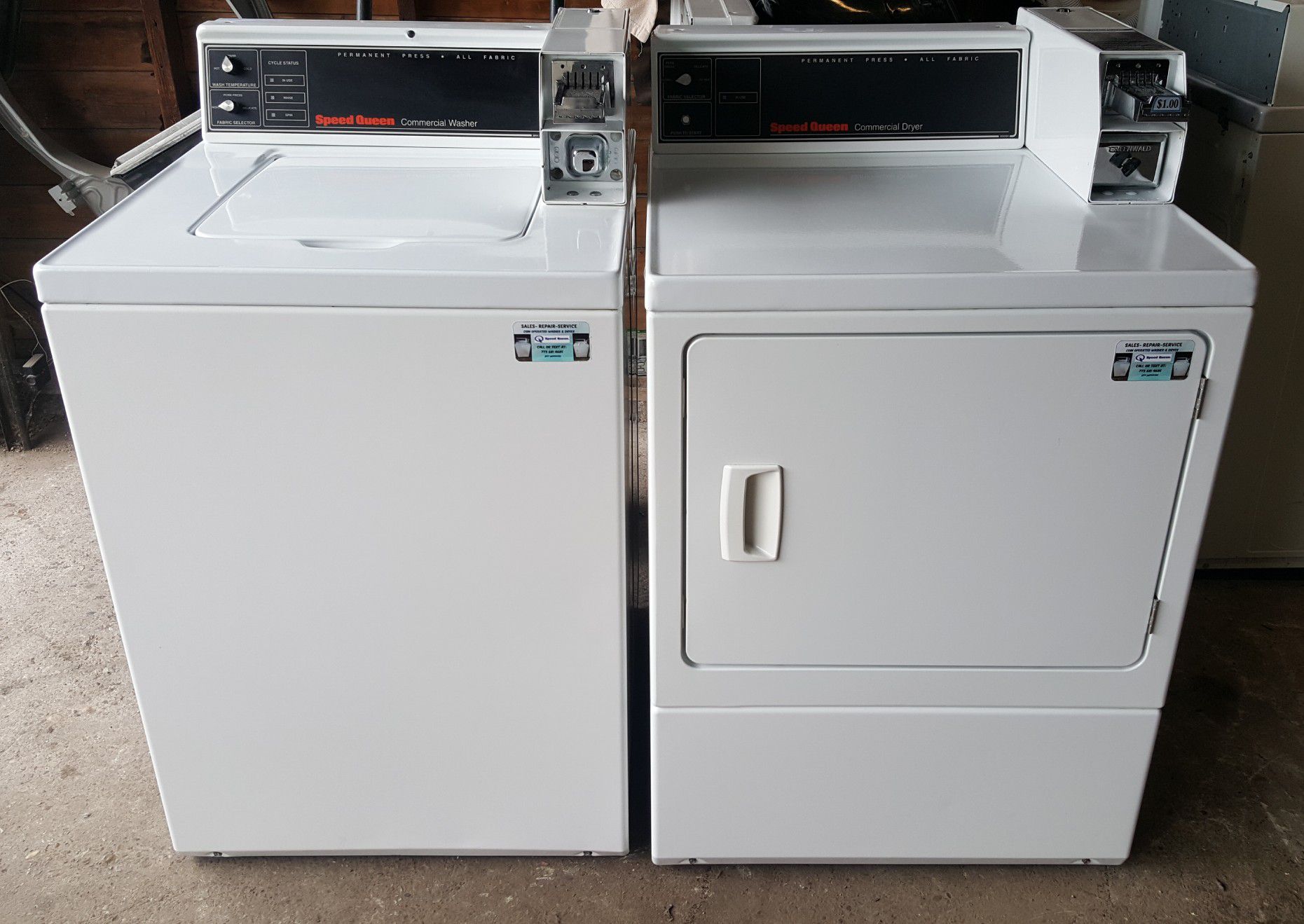
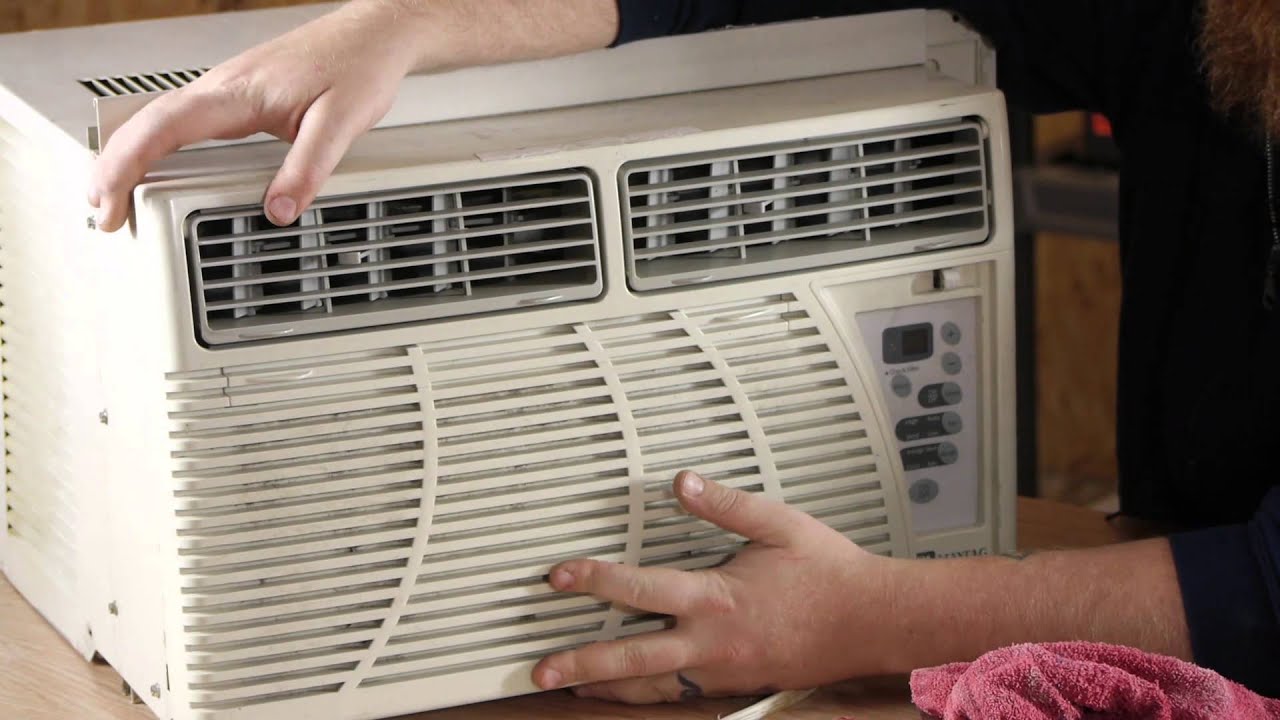
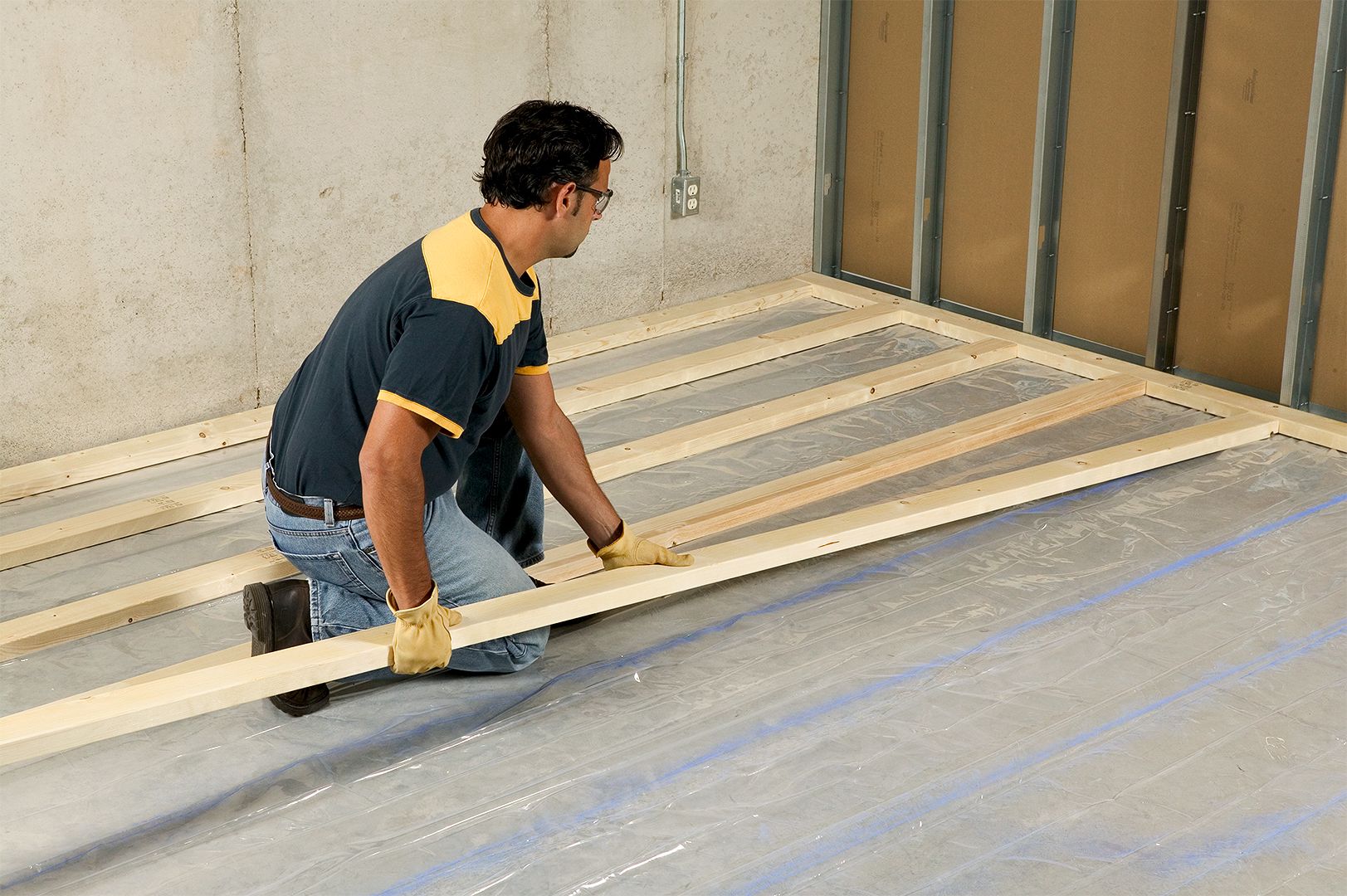
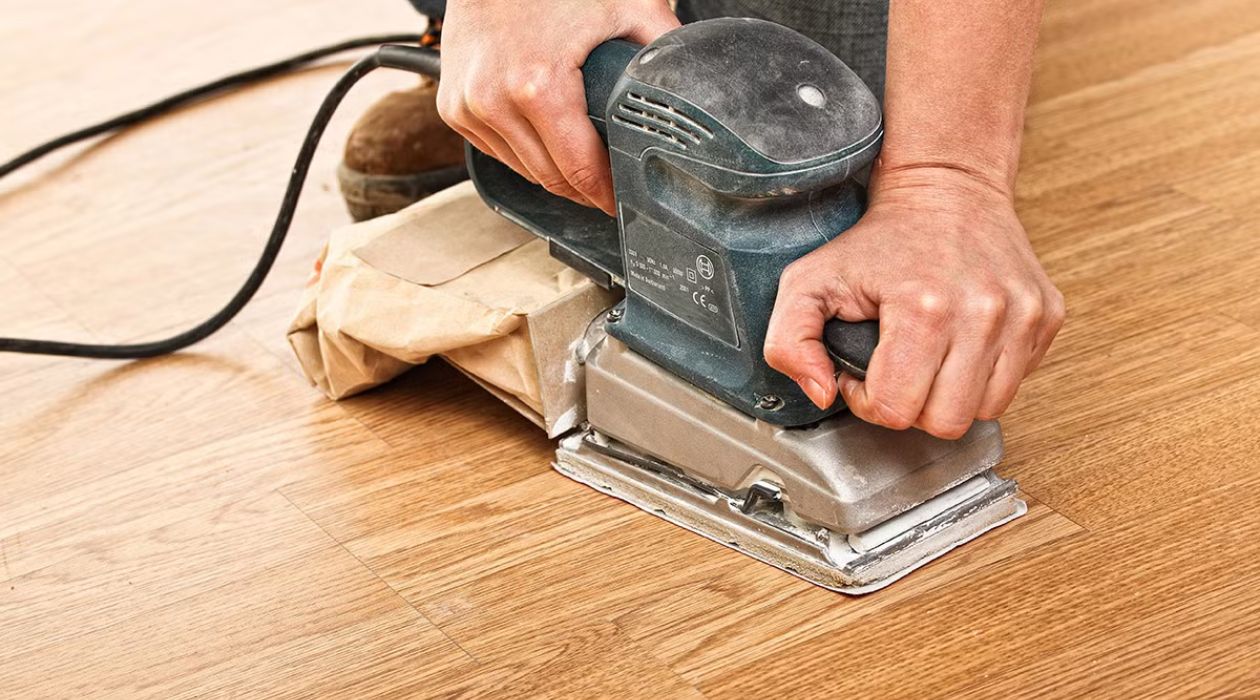

0 thoughts on “How To Store Coins At Home DIY”